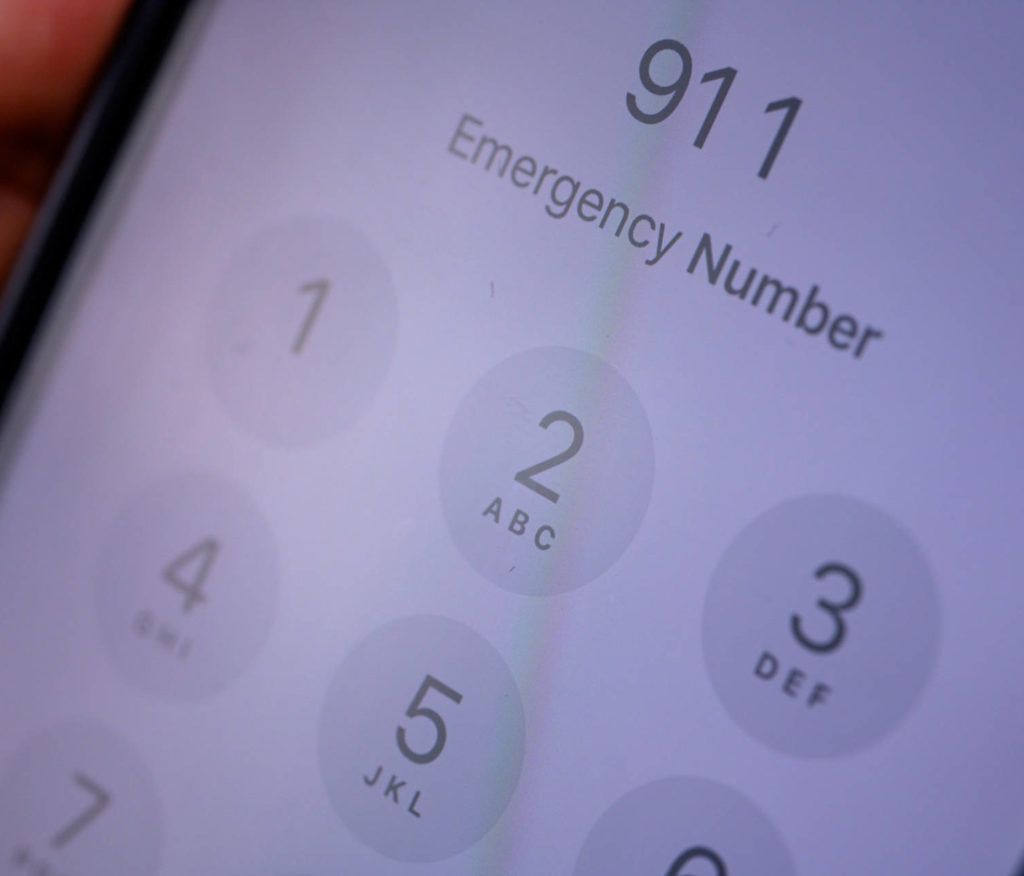
An emergency situation can develop in the blink of an eye, and when you find yourself in a situation where seconds matter, it’s imperative that you know the best way to respond to the crisis. While no two emergencies are the same, there are some helpful steps you can take in most emergency situations to provide care to an individual in need. Below, we share five tips for handling an emergency situation that develops at home.
What To Do During A Home Emergency
As you might imagine, there is no perfect playbook for handling a home emergency because the specifics of the situation will be different. For example, you’d handle a stroke situation differently than a suspected poisoning, but at a basic level, you’ll respond to these situations and many home emergencies using similar methods. Here’s five tips to keep in mind should you ever find yourself facing a life threatening situation at home.
1. Check On The Person – The first thing you’ll want to do in a potential emergency situation is to check on the individual who needs care. See if they are responsive or unconscious, and check to see if they are breathing. Unconscious individuals or those without a noticeable breath or pulse will demand immediate attention. If the person is responsive, you can ask them basic questions like what their name is or what happened. If they are responding and acting appropriately, basic care and monitoring may be all that is needed, but if they aren’t making sense or they need more assistance than you can provide, jump to the next step.
2. Call Emergency Services – After you’ve checked on the individual and determined that professional help is needed, quickly call 911 or emergency services in your area. You may need to leave the individual for a short period in order to get to a phone, but if possible try to send someone else to make the call or call from the scene to avoid leaving the injured person alone. When speaking with emergency services, be as clear and concise as possible so that they can get responders to the scene and let them know what to expect when they arrive.
3. Stay Calm – This is a good tip to remember throughout the entire process, but it’s especially helpful when talking with the injured individual or the emergency services operator on the phone. Panicking or responding frantically will make things more complicated, and it can even lead to another emergency if you’re not careful. Obviously it’s easier said than done to remain calm during a home emergency, but take a breath and recognize that everything will be better if you work to act calmly and rationally.
4. Lean On Others – As we mentioned in the second point, it’s helpful to have someone else call 911 or retrieve your cell phone if possible so that you can stay with the injured individual. If others are around during the medical emergency, put them to work so you can stay by the side of the injured party. They can do things like:
- Help clear the scene of any potential hazards.
- Retrieving an AED, Epi-Pen or other assistive medical device.
- Safely helping move the person if they are in an unsafe location.
- Waiting outside to help flag down emergency medical services.
A neighbor or bystander may not know what they can do to help unless you specifically tell them, so let them know what you need from them. Oftentimes they are more than happy to help, but they may be overwhelmed by the moment and in need of clear directions.
5. Follow Directions – In most instances, the 911 operator will have you remain on the line until help arrives. During this time, you’ll want to follow the directions they are giving so that you can provide the best care to the injured individual. This may involve performing CPR or simply helping get the individual to a comfortable location with shade and water until help arrives. If you are unfamiliar with CPR techniques or other actions that you are being asked to perform, let the dispatcher know and they will walk you through the specific steps you should take to provide the best care until the ambulance arrives.
Hopefully you’ll never need to respond to a serious home emergency, but if you need to, it’s helpful to know what you can do to provide the best care in the situation. We respond to situations like this every day and pride ourselves on providing these essential services to our community. You can trust the team at Gold Cross if you ever find yourself facing an emergency at home or while you’re out of the house.
Leave a Reply